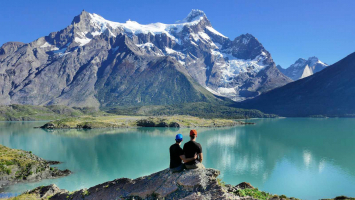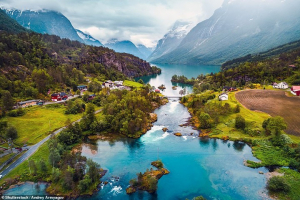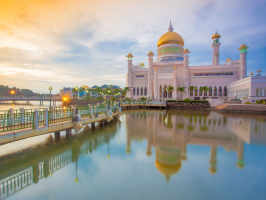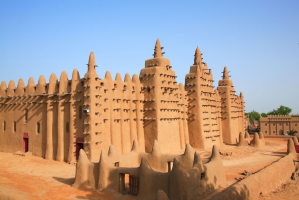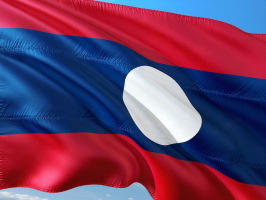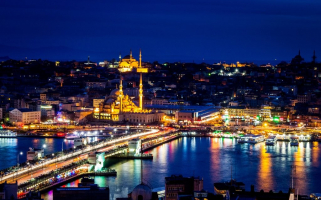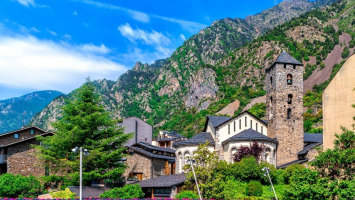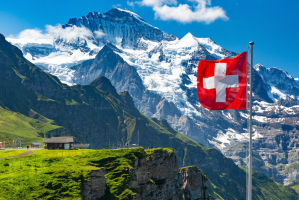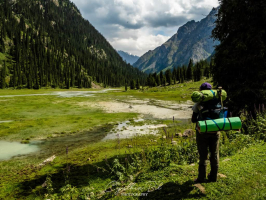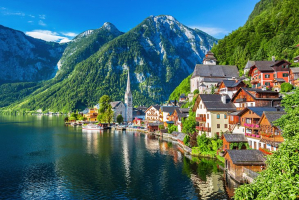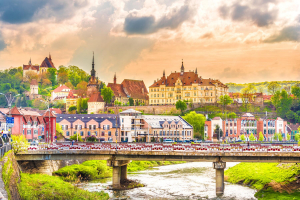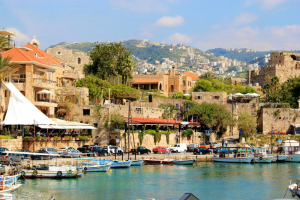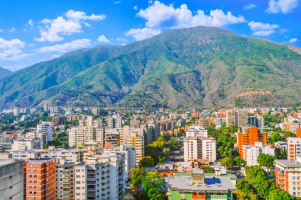Top 10 Things About Azerbaijan You Should Know
Azerbaijani culture incorporates historical, religious, and traditional elements that have evolved and shaped through centuries to create the modern-day ... read more...Azerbaijani. Some characteristics may be familiar, while others may be exotic and contradicting, but this is what distinguishes the country. Here are some Things About Moldova You Should Know to get you started.
-
Tolerance is one of the Things About Azerbaijan You Should Know. Some consider Azerbaijan to be one of the world's five most religiously tolerant countries. Today, Azerbaijan is one of the few countries with a mix of mosques, churches, and synagogues that do not discriminate against people of different religions. Foreigners are taken aback when they see mosques, churches, and synagogues located side by side in the center of Baku (Azerbaijan's city) or 150 meters apart in Guba (Azerbaijan's western province). Azerbaijanis have long stood out for their tolerance — not just in the Orient, but around the world.
Azerbaijan practices Shia Islam, as does neighbor Iran. There's nothing exceptional about this. They regard Sunni Turkey to be their brothers, however. The country has positive relations with Israel, which is unheard of in the Islamic world. That is not all. After centuries of Russian influence, many Azerbaijanis are pro-Russian. The same folks support the West. In short, Azerbaijani culture appears to be a tantalizing amalgamation of the best of everything.
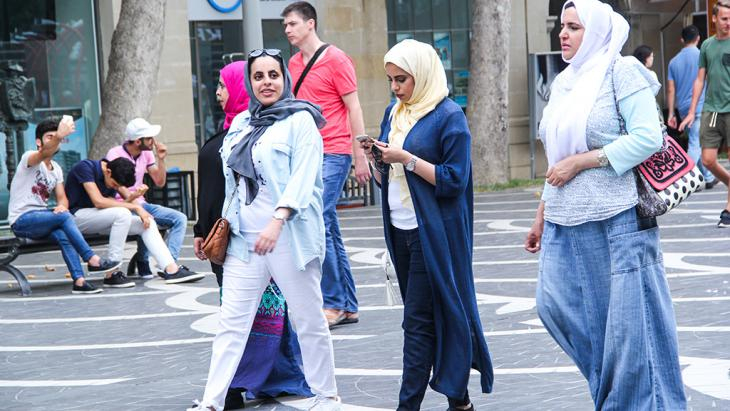
en.qantara.de 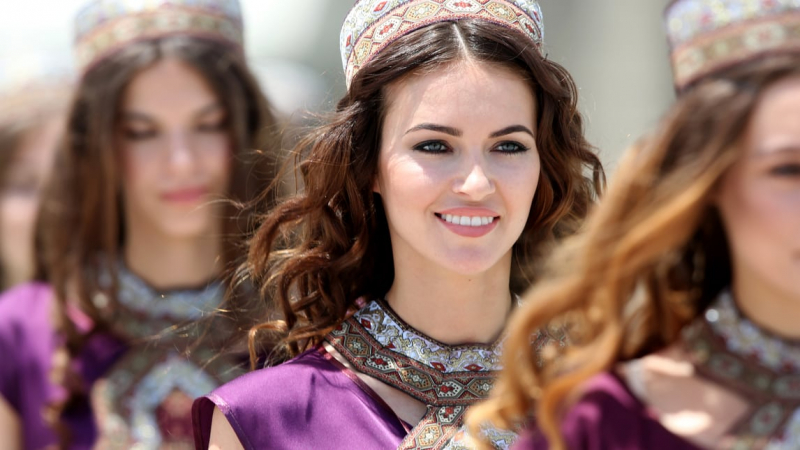
en.qantara.de -
The official language is Azerbaijani, which is part of the Turkic language family. The vast majority of inhabitants speak Russian as a second language, and some regard it as the language of culture, just like fluency in French signifies a certain air of refinement in Europe. Younger Azerbaijanis are learning English.
Azerbaijan's primary, is a Turkic language that is closely related to and partially mutually intelligible with Modern Turkish. Azerbaijani, along with Turkish, Turkmen, and Gagauz, is a member of the Oghuz branch of the Turkic language family's southwestern group. Despite the fact that Azerbaijani is spoken in the Republic of Azerbaijan, South Russia (Dagestan), and Northern Iran, the dialects differ. Furthermore, while Azerbaijani is recognized as an official medium of instruction in Dagestan and the Republic of Azerbaijan, it is not recognized as an official language in Northern Iran, where the number of Azerbaijanis outnumbers that of the Republic of Azerbaijan. The Azerbaijani language spoken in Iranian Azerbaijan differs significantly from that spoken in North Azerbaijan, and the Iranian government has discouraged and even prohibited its usage for several decades.
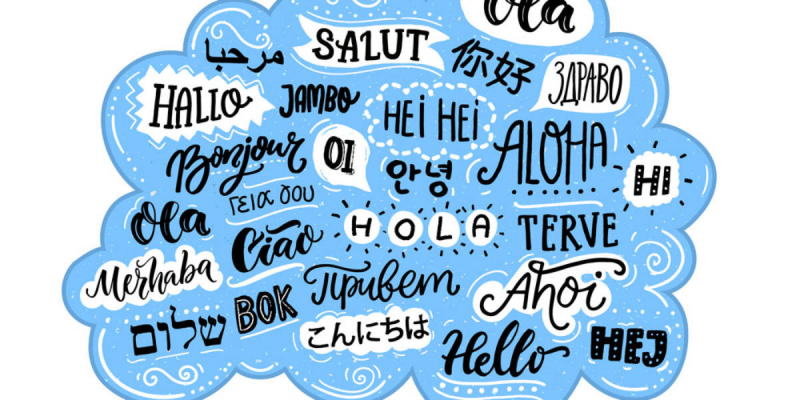
flypgs.com 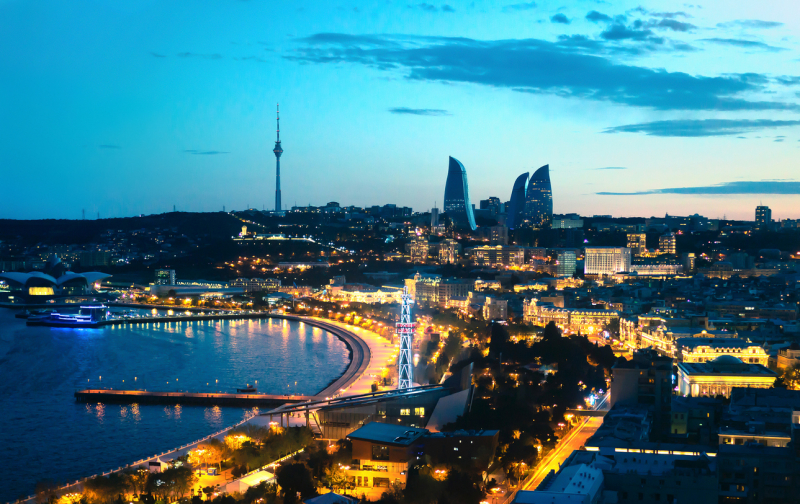
flypgs.com -
Tea drinking traditions are one of the Things About Azerbaijan You Should Know and are one of the most notable aspects of Azerbaijani culture. Tea is virtually considered sacrosanct. The vibrantly colored beverage is poured into a pear-shaped glass known as an armada and served without milk. A cube of sugar is served alongside, and residents take a nibble before sipping the tea. The origins of this eccentric aesthetic can be traced back to medieval times when paranoid monarchs were fearful of poison assassination. When sugar is dipped into tea, it appears to respond to the poison.
To add taste, tea is occasionally spiced with cinnamon, cardamom leaves, or a slice of lemon or ginger. Although Azerbaijanis prefer sweet tea, they do not add sugar straight to the drink; instead, they dunk a sugar cube, bite off a piece, and sip their tea. This procedure is thought to have medieval origins when rulers who were fearful of being poisoned tested their tea by dunking a piece of sugar in the liquid, which was supposed to react to the sugar if the tea was poisonous. The drink is frequently served with fig, strawberry, apricot, walnut, blackberry, and other jams. It's no surprise that residents drink tea with a snack, or as a dishelm, which translates to "bite" in Azerbaijani.
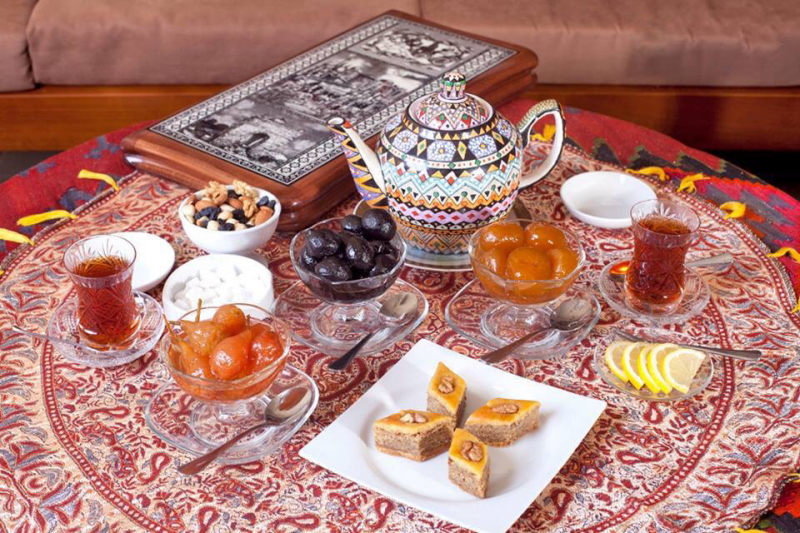
caspiannews.com 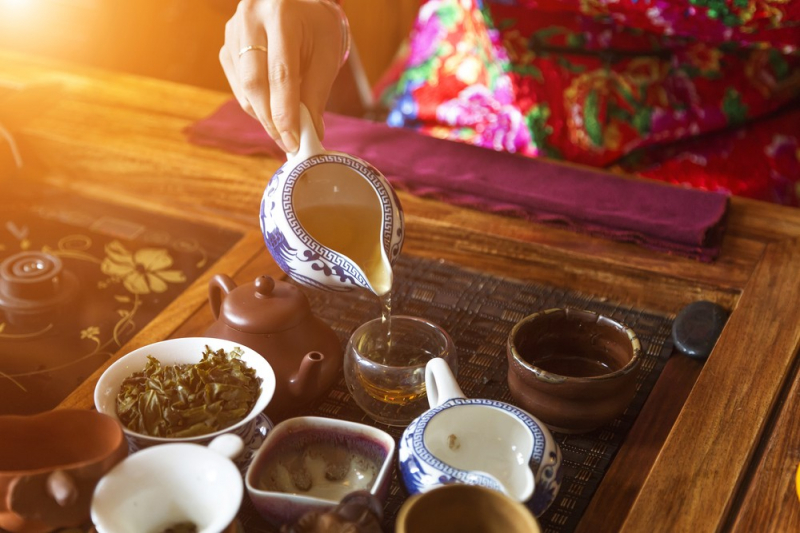
caspiannews.com -
Visit Azerbaijan and enjoy some of the best hospitality in the world. Locals go out of their way to assist visitors because visitors are a valuable commodity. If you stay in a homestay, the hosts will provide you with unlimited cups (or armada) of tea, snacks, and whatever else you can think of. If you ask for directions, they might show you rather than tell you. Younger children who speak some English are generally eager to talk about their homeland. Azerbaijani culture is highly steeped in hospitality.
Azerbaijan's culture is palpable in the country's vibrant, symbolic dances, beautiful miniature paintings, gorgeous handwoven carpets, and cutting-edge theatrical and cinematic productions. History and tradition collide in vivid epic stories, while visible remnants of the past may be found in Azerbaijan's eclectic mix of medieval palaces, sturdy Soviet constructions, and world-record skyscrapers. Traditional Azerbaijani lifestyles differ by location, with each region claiming its own music, handicrafts, and folklore. This richness can be experienced through extended travel, museum excursions, and participation in some of Azerbaijan's many festivals, which draw artists from all around the country.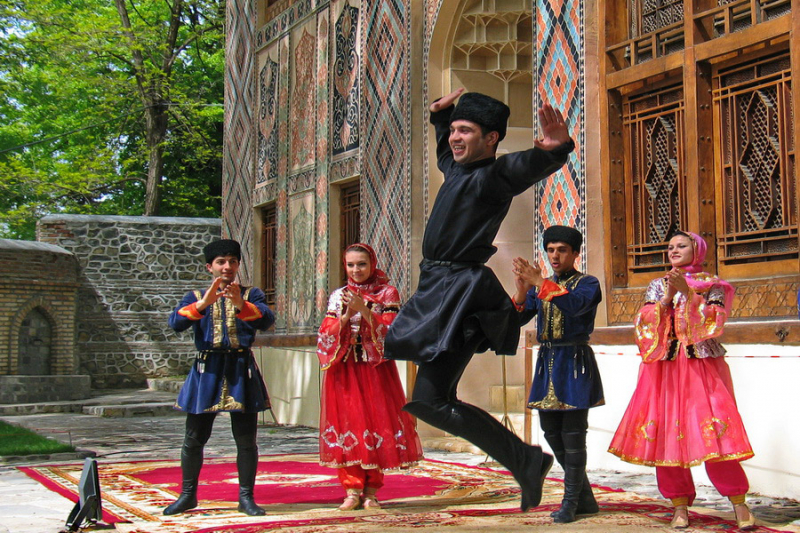
khojalytoday.com 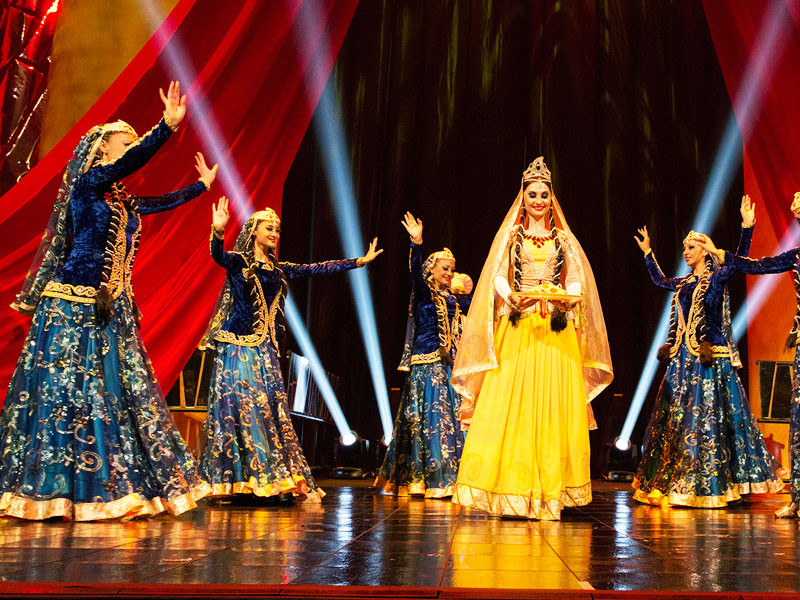
khojalytoday.com -
The way males regard woman is a positive legacy of nearly two centuries of Russian dominance. Men give up their seats on the bus, refuse to pay, and keep the doors open. Azerbaijan became one of the first countries in the Islamic world to grant women the right to vote in 1918. Women also hold high-level political posts and serve in the military. Despite the fact that the majority of Azerbaijani women work outside the home, women remain underrepresented in high-level roles, particularly top commercial positions. In 2017, women made up 78.1 percent of all teaching personnel (including 51.9 percent of all university lecturers), 64.9 percent of all medical professionals, and 40.2 percent of all athletes in Azerbaijan. During the same time period, however, women made up only 28.7 percent of city workers and 20.9 percent of registered business owners.
Leyla Mammadbeyova, born in Baku in 1931, was one of the first Soviet female aviators and paratroopers, as well as the first in the Caucasus and the Middle East. Around 600,000 Azerbaijanis participated in World War II as members of the Red Army, with 10,000 of them being women who willingly signed up and served both as military and medical personnel, the most notable of whom were sniper Ziba Ganiyeva and aviator Zuleykha Seyidmammadova. During the active phase of the first Nagorno-Karabakh War in the 1990s, Azerbaijan's 74,000 military troops included 2,000 women, 600 of whom directly participated in military actions. Women serve in the Azerbaijani army on a volunteer basis; there are now roughly 1,000 women serving in the Azerbaijani army.
euneighbourseast.eu 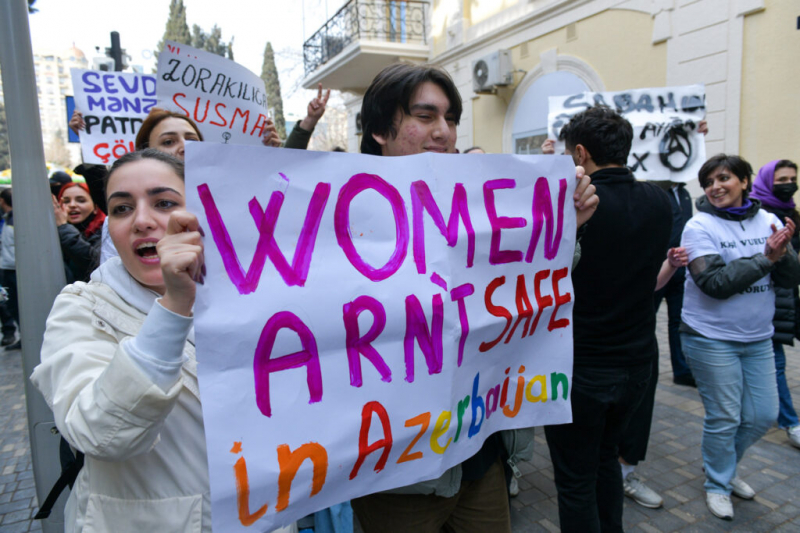
euneighbourseast.eu -
Despite the secular, post-Soviet aspect of this Caucasus nation, tradition is nevertheless important in Azerbaijani culture. Traditional Society is one of the Things About Azerbaijan You Should Know. Locals outside of Baku's capital still live in rural areas. Many people grow fruits and vegetables in plots and live in little dwellings. The Caucasus Mountains' communities have rich traditions that date back thousands of years.
Azerbaijan's legacy, culture, and civilization include both ancient and modern foundations. Its people are thought to be descended from ancient peoples such as indigenous Caucasian Albanian tribes like the Scythians and Alans, as well as later Oghuz Turks.
There is a range of impacts on Azerbaijan’s traditions. Several religions have lengthy histories in Azerbaijan, including Zoroastrianism, Christianity, Judaism, and Islam, both Sunni and Shi’a. Azerbaijan has also been impacted by the countless merchants that traveled the Silk Road, as well as the ever-changing waves of empires and conquerors. The customs of Azerbaijan make for an exciting journey, full of unique encounters and perceptions of this rich country. Even if you do not go during a holiday or attend a celebration, you may still experience Azerbaijan's traditions while traveling through the country.
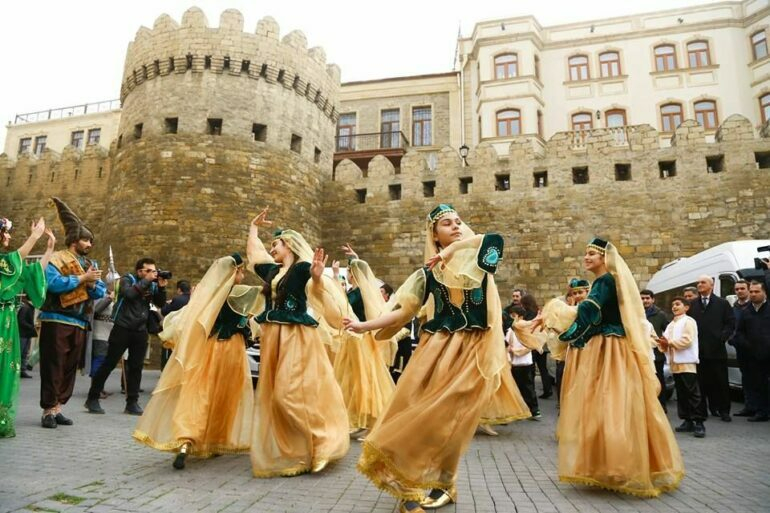
advantour.com 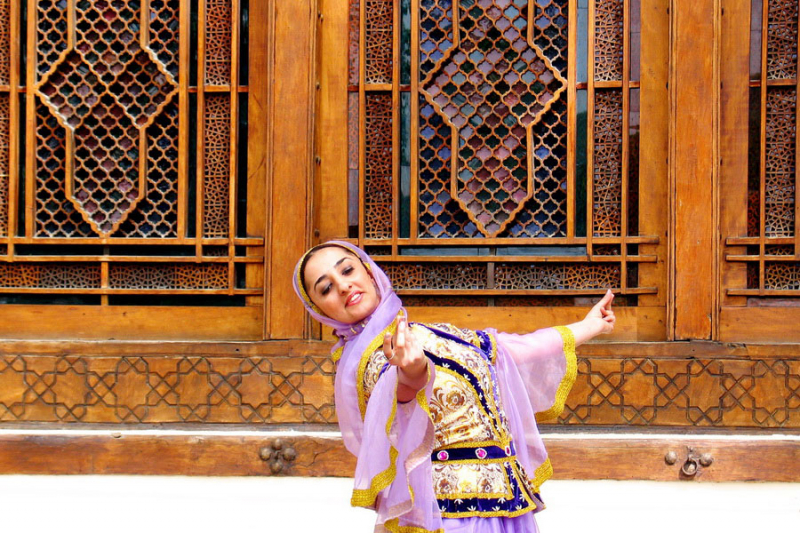
advantour.com -
Azerbaijan and Armenia have a connection similar to Israel and the Middle East. They have been at odds since 1988 over the disputed province of Nagorno-Karabakh. Even the name elicits skepticism and raises questions. A generation ago, hundreds of thousands of Azerbaijani refugees were forced to flee their communities in Karabakh. People are still angry. Tensions are high. Ceasefires are frequently violated.
Armenia and Azerbaijan have no diplomatic relations, owing to the continuing Nagorno-Karabakh conflict. The two neighboring states had formal governmental relations as the First Republic of Armenia and the Democratic Republic of Azerbaijan between 1918 and 1921, during their brief independence from the collapsed Russian Empire; these relations existed from the period after the Russian Revolution until they were occupied and annexed by the Soviet Union, becoming the constituent republics of Soviet Armenia and Soviet Azerbaijan. The two countries' relations have been strained as a result of their two conflicts in the last century—one from 1918 to 1921 and another from 1988 to 1994. Social memory of Soviet-era cohabitation is frequently suppressed in the aftermath of continual hostilities (censored and stigmatized).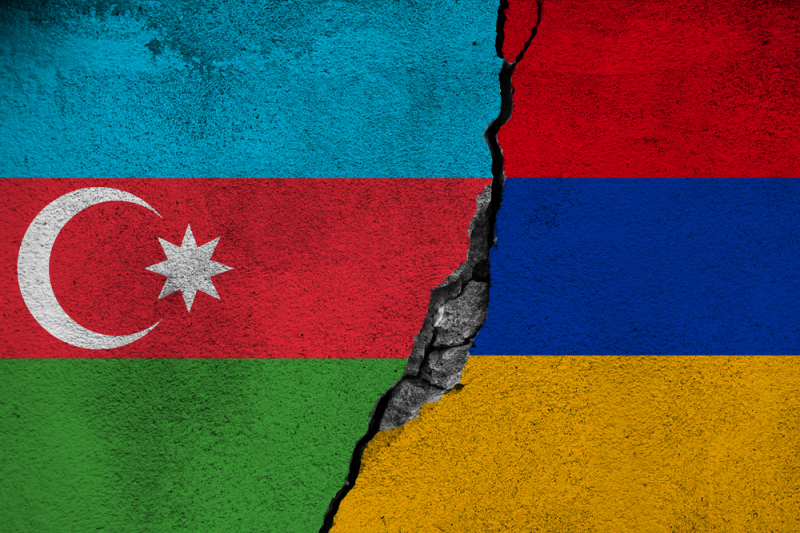
cci.tn.it 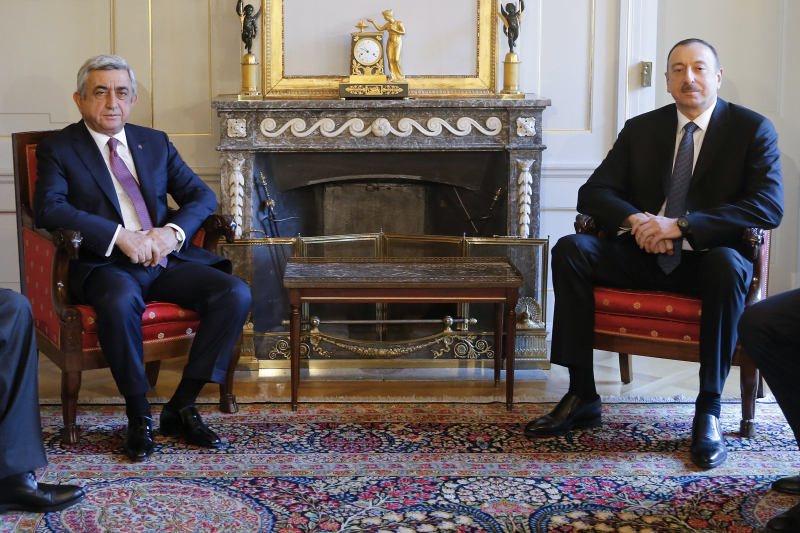
cci.tn.it -
Oil fueled Baku's rise in the late 1800s, supporting the majority of the city's exquisite buildings, mansions, and palaces. The nation's riches skyrocketed during the second oil boom. Baku's skyline was financed by black gold. Oil was also to blame for the nearly halving of the value of manats versus the US dollar as oil prices plunged in 2015.
As of 2013, Azerbaijan's petroleum industry produced approximately 873,260 barrels (138,837 m3) of oil per day and 29 billion cubic meters of gas per year. Azerbaijan is one of the oil industry's birthplaces. Its history is intertwined with the fortunes of the petroleum industry. It is ready to re-establish itself as a key oil and gas producer.
The State Oil Firm of the Republic of Azerbaijan (SOCAR) is a 100% state-owned national oil and gas company based in Baku, Azerbaijan. SOCAR is a significant source of revenue for the Azerbaijani government. The corporation is administered in an opaque way, with complicated webs of contracts and middlemen that, according to non-government watchdog organizations, have resulted in the enrichment of the country's ruling elites.
caspiannews.com 
caspiannews.com -
Azerbaijan is symbolized by fire. Infernos have profound roots in Azerbaijan culture, from Baku's Flame Towers to Zoroastrian fire temples and flaming water. According to science, large quantities of underground gas are to blame. Fire provided light and was mysterious to the early dwellers.
Aturpatakan means "A site where the sacred fire is stored" in ancient Persian. Azer now denotes fire in Persian. The Ancient Greeks thought Zeus confined Prometheus to the Caucasus Mountains after he stole fire from the gods. The reason is most likely the unending flames that have dominated Azerbaijan's highlands throughout history.
The historical significance of fire is deeply ingrained in Azerbaijani society. The national symbol is a flame. Yanar Dag, or the blazing mountain, and the Ateshgah Fire Temple near Baku are also historic landmarks. Travel south to Astara, near the Iranian border, to view Yanar Bulag, a spring whose water burns when lighted. One thing is certain: 'The Land of Fire' still lives up to its name in the twenty-first century.

themanual.com 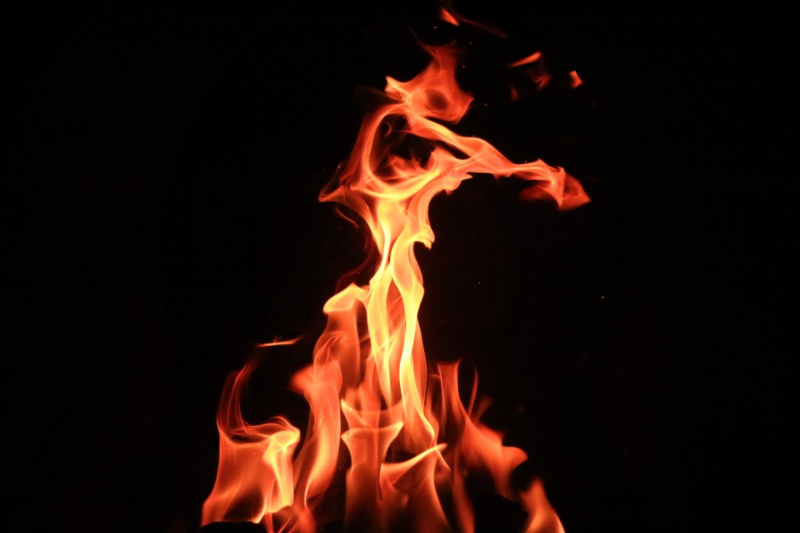
themanual.com -
The Things About Azerbaijan You Should Know is cultural diversity. Not only is the 'Land of Fire' diverse in scenery, with 75 percent of the world's climatic zones represented, but Azerbaijan's culture is also so. A religious melting pot exists today, ranging from early Zoroastrians and Islamic influences to more modern Orthodox Christians and historic Caucasus Jewish settlements. Combine this with each region having its unique traditions, food, and carpet weaving style. When influences from Iran, Turkey, Russia, and, more recently, the West are considered, Azerbaijani culture has a fascinating appeal.
One of the most significant aspects of culture is cultural diversity and pluralism. Azerbaijan has long been renowned as the homeland of many different peoples and cultures. This country acted as a sort of bridge between Eastern culture on the one hand and the rest of the world and European civilization on the other. This worldview is promoted by historical reality in multinational, poly-confessional, multilingual Azerbaijan. Indeed, Azerbaijan is a distinct geographical, geopolitical, and cultural region inhabited by members of different national-ethnic groupings.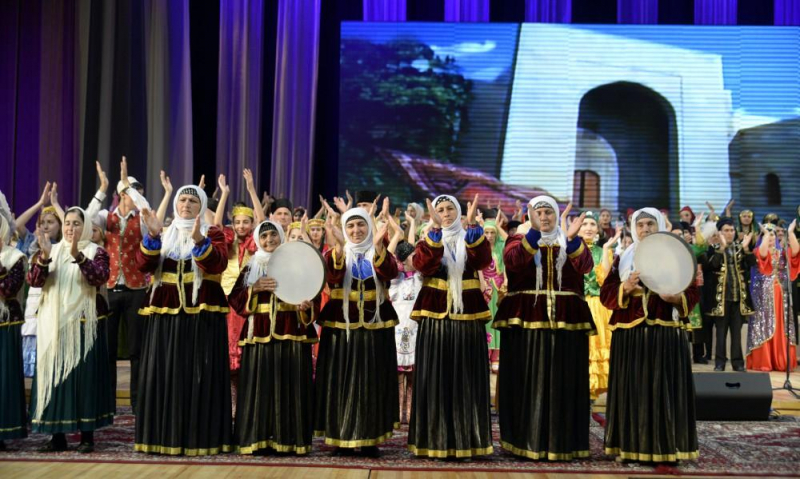
multiculturalism.preslib.az 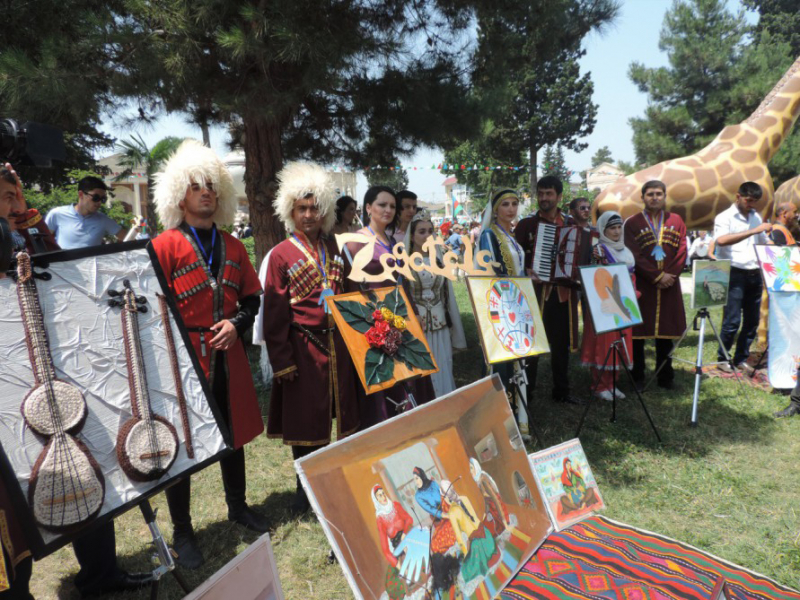
multiculturalism.preslib.az














